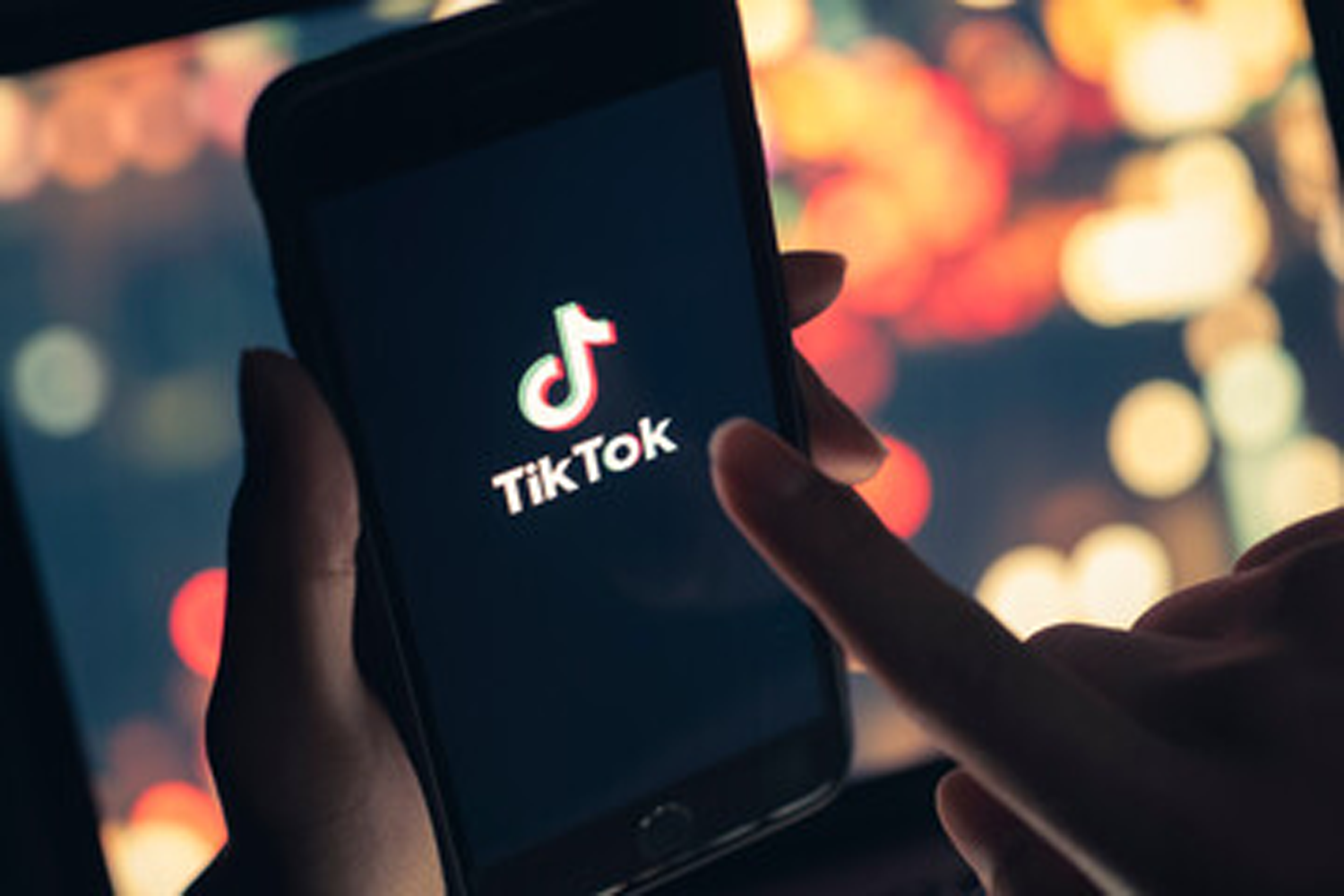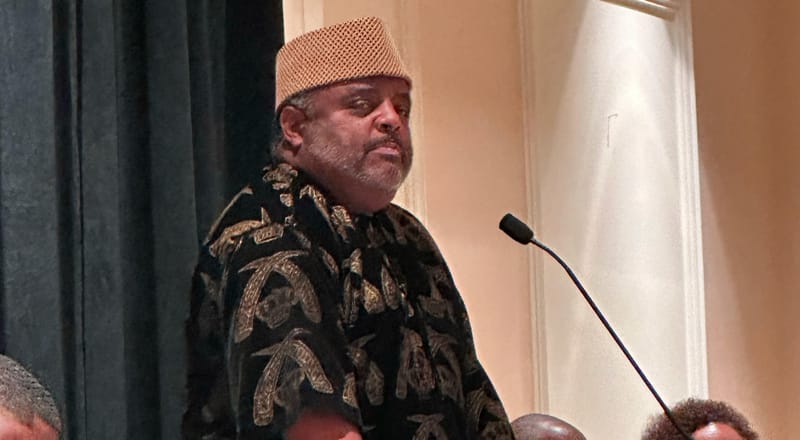U.S. TikTok Ban Looms, Sparking Uncertainty for Users and Tech Giants
Lawmakers cite national security concerns as the driving force behind the legislation, pointing to fears that the Chinese government could access U.S. user data. TikTok, however, contends that the ban violates free speech protections and continues to challenge the law in court

The United States is set to enforce a nationwide ban on TikTok in less than six weeks, leaving users, businesses, and tech giants grappling with the potential fallout. The January 19, 2025, deadline stems from a law signed by President Joe Biden in April, which requires TikTok to separate from its Chinese parent company, ByteDance, or cease operations in the country.
Lawmakers cite national security concerns as the driving force behind the legislation, pointing to fears that the Chinese government could access U.S. user data. TikTok, however, contends that the ban violates free speech protections and continues to challenge the law in court.
If the ban proceeds, app stores like Google Play and Apple's App Store will be required to remove TikTok from their platforms, and they will face significant fines for non-compliance. This would block new downloads of the app and halt updates for current users, potentially rendering the app nonfunctional over time.
“Without updates, TikTok will eventually stop working smoothly,” explained technology expert Abrar Al-Heeti.
The ban could significantly reshape the social media landscape, especially for younger audiences who heavily rely on TikTok. According to a Pew Research Center survey, nearly half of teens aged 13 to 17 report being online "almost constantly," with TikTok being a daily staple for 6 in 10 users in this age group.
“YouTube is the most widely used platform among teens, but the social media landscape can change quickly,” said Monica Anderson, a researcher at Pew.
As TikTok users explore alternatives like Instagram Reels, U.S.-based tech companies could see an opportunity to fill the void. However, these platforms also face regulatory scrutiny over their size and influence.
While TikTok’s future hangs in the balance, broader questions about privacy, free speech, and competition in the tech industry remain at the forefront of the debate.






